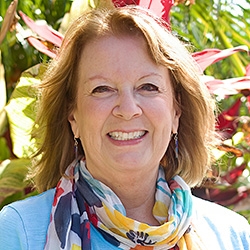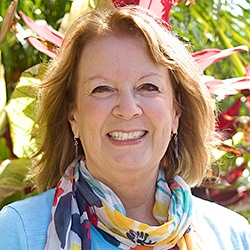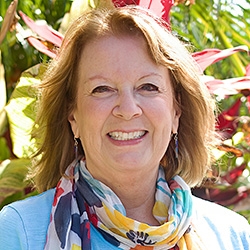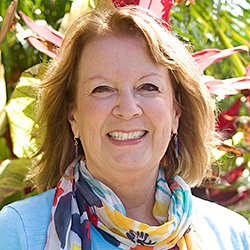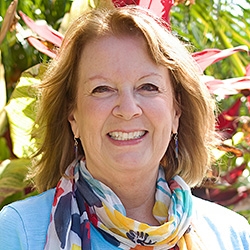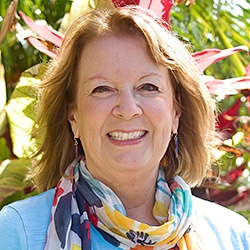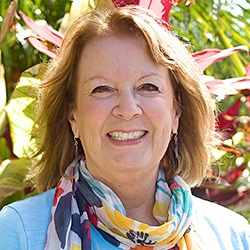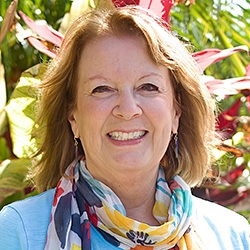
NVC Resources on Peace
-
Roxy Manning delves into the concept of psychological safety, drawing from Amy Edmondson's definition as the shared belief among team members that the team is safe for interpersonal risk-taking. Roxy discusses the common misconception of safety within teams, where the absence of open discussions is mistaken for safety, creating an illusion of negative peace. Negative peace involves avoiding discomfort and maintaining comfort for those with structural or social power, often at the expense of others silently suffering. Roxy emphasizes the importance of differentiating between discomfort and true psychological safety, where teams can openly address challenging issues, even if it means temporary discomfort. She encourages naming and understanding these dynamics to foster a psychologically safe and inclusive team environment.
-
Trainer Tip: Many of us are afraid of our anger because we haven’t learned how to express it in a way that brings relief or that helps us meet our needs in the situation. Consider a different approach to anger, one that helps you fully express your anger and is more likely to help you meet your needs for relief, to be heard, or to be understood.
-
Trainer Tip: Every single time you say or do something, even when you experience pain or regret, you are trying to meet a need. Forgiveness begins when we acknowledge the needs we were trying to meet in the situation.
-
Trainer Tip: If you are feeling anger, you are experiencing an unmet need. When you recognize it as a warning signal, it can be a life-serving tool.
-
Old emotional hurts and pains can easily erupt when you’re in the throes of conflict – even if you’re the mediator. Wouldn’t it be lovely if you could avoid all of that, and instead create more peace and happiness for yourself, your family, your co-workers and your community?
-
Trainer Tip: Where do you focus most of your life? Are there areas that you could reassess? Are you happy? Engage a new paradigm shift in your life.
-
Trainer Tip: When we love a child there's a contribution we can provide in helping them go their own way successfully, in big ways and small.
-
Trainer Tip: We all see through our own filters. To disentangle what we hear from some is really saying, check using understanding requests at the level of detail you need. Course correct along the way. In a charged situation this can be critical to bringing in clarity, being heard and resolving differences amicably.
-
Trainer Tip: It's impossible to value other people’s needs and remain compassionate if we simultaneously harbor judgments. If we're willing to shift this behavior we can translate our judgments into acknowledging how something affects us. Once I got into the habit of this, my judgments began to subside dramatically. It became easy to love people and feel compassion for them, and I experienced a freedom I had never known before.
-
Trainer Tip: The very process of giving someone space to talk about their issue without our judgment, to be truly understood by us, and to be deeply heard is very healing, enough so that most people will organically find their own creative ways to resolve their issues. Rely on this process and you will lose all desire to fix people’s problems. Try this out today.


